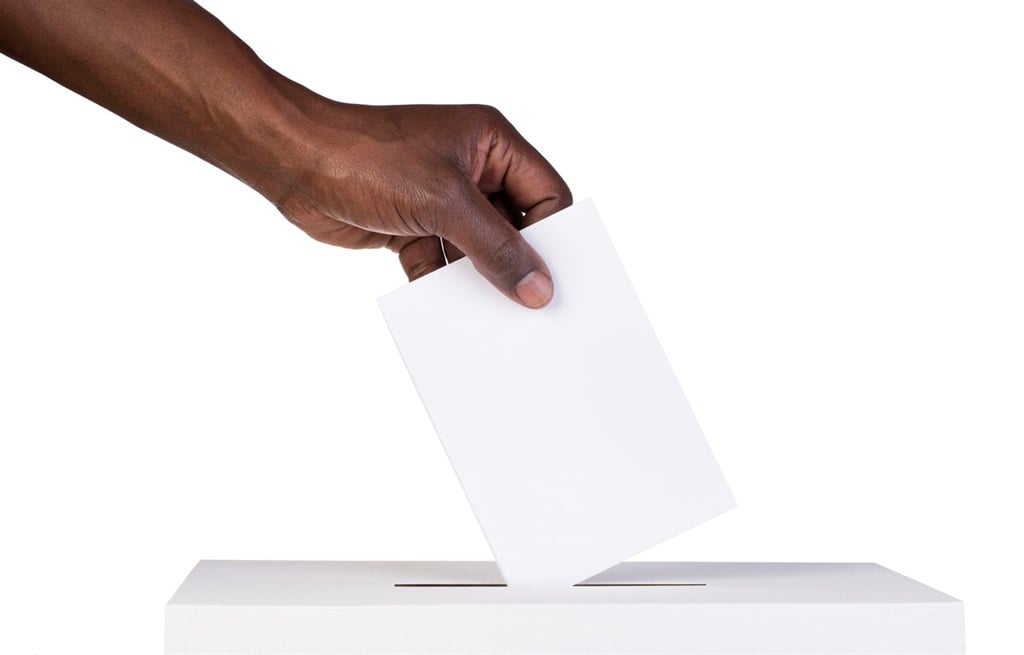
South Africa's political system is known for its credible democratic elections. Not once since 1994 have elections been rigged to produce an outcome contrary to what voters had wanted.
Except for the gerrymandering by "bussing" people to vote in wards they were not registered in in Tlokwe in municipal elections a few years ago, no serious incident has led to doubt about the credibility of our elections.
The Constitutional Court has ruled on Tlokwe. By the end of 2019, the Electoral Commission is expected to ensure registered voters have verifiable residential addresses. Ideally, the court order should have been directed at the government as a whole rather than the Electoral Commission, but that's a subject for another discussion.
The outcomes of national and provincial elections are, however, not as sensitive to voters' addresses as municipal elections are. This is because South Africa, unlike in Zimbabwe and other countries, hasn't encountered ghost voters – unless they are skilled at hiding. The voters roll is thoroughly checked.
But the legitimacy of electoral outcomes requires more than the satisfaction of the technical requirements to prevent rigging. What matters is not only having elections that produce legally acceptable outcomes. The risks lie in low voter turnout.
A bigger voter turnout would ensure the social legitimacy of the outcome. Social legitimacy would, in turn, reasonably guarantee socio-political stability. The latter is important for investor confidence and reduces likelihood of flirtation with populist policies.
It is not enough for an electoral outcome to be technically sound – reflective of the will of only a few who voted. From its ancient origins (despite the limited franchise then), to our modern inclusive Constitution, democracy was always meant to give effect to the general will of the people as a whole through citizens' right to vote.
The challenge is to make all South Africans understand the importance of voting. Unfortunately, the task of getting people to the voting booth is largely left to political parties. We don't have civic education to teach young people the significance of participating in elections. Civil society's voter education was at its strongest in 1994 and has since declined.
An election date is always carefully decided on for fear people might go on holiday instead of choosing their government of the next five years. It says a lot about our national priorities as citizens!
Sometimes voters make incorrect assumptions, staying away from the polls because they believe reason will prevail and the correct party or candidates will win. By thinking reason will prevail, they are referring to the reason of those who go out and vote, not their own. How people think those who vote will exercise reason on behalf of those who don't is beyond comprehension.
The shock election of Donald Trump as the US president and the Brexit referendum vote are the latest examples of what happens when some voters stay away, only to regret it afterwards. In both instances, some potential voters matched to protest the outcomes. In the case of the Brexit referendum, some were even demanding another chance to vote to reverse the outcome.
No one knows for sure what would have been the electoral outcome had all the cosmopolitan young voters in the US voted. Or had all those who believe in a strong Europe voted in Britain. But chances are that they would likely be less grumpy than they are, even if their preferred choices hadn't succeeded.
In South Africa, no sooner are people's preferred choices announced than we witness violent service delivery protests. In some places, municipal councillors fear for their lives. Such violence shouldn't be expected from people who voted and regard the public representatives as legitimate. Even if they didn't specifically vote for the victors, their preferred candidates would be sitting on opposition benches to represent the interests of losers.
Given the fact that our democratic system allows broad representation – of both winners and losers – the only conclusion one can reach about service delivery related violent protests is that citizens don't take responsibility for their preferred choices.
The likely reason for this is that they don't vote. At least not in sufficient numbers that take responsibility for their choices and hold their elected representatives to account in terms of the rules of democratic process.
In early 2018, after the voter registration drive, the Electoral Commission announced that it was pleased 75% of eligible voters were on the voters roll. It would be a fantastic story if that was a voter turnout figure of the total of all eligible voters on election day.
In the 2016 municipal elections, voter turnout was below 60%. In the 2014 national and provincial elections it was significantly higher at 73%, which seemed like a good record. But it was from registered population of just over 25 million people, which is far from the total of eligible voters.
A great number of citizens don't bother to register. This is where voter education matters most to get potential voters to first acknowledge through registration that they have a civic duty to elect a government.
As the Electoral Commission prepares for final round of voter registration and political parties begin to launch their 2019 election manifestos, it is important that South Africans consider the significance of exercising their right to choose a government.
After exercising our right we must take responsibility for the electoral outcomes – whatever they are – and ensure elected parties and leaders honour their manifestos. Abdication of democratic responsibility would be naive.
- Mkhabela is a regular columnist for News24.
Disclaimer: News24 encourages freedom of speech and the expression of diverse views. The views of columnists published on News24 are therefore their own and do not necessarily represent the views of News24.




 Publications
Publications
 Partners
Partners























